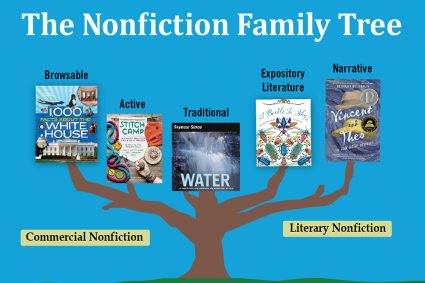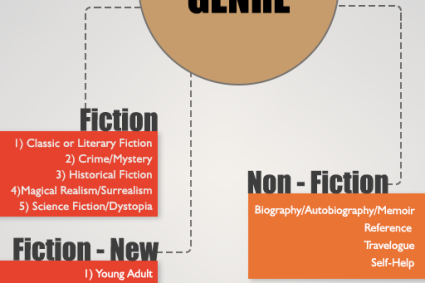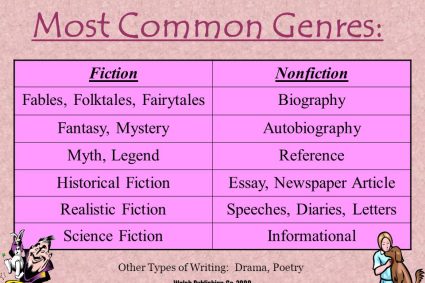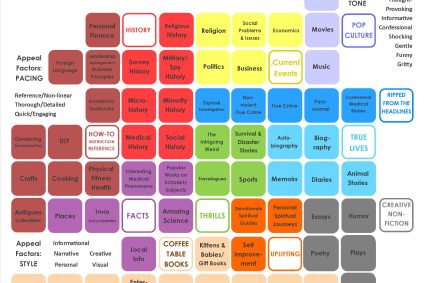
Prose, the backbone of written expression, is a versatile and expansive literary form that embraces a spectrum of styles, structures, and narrative possibilities. To comprehend the essence of prose, let us embark on a journey of exploration into its definition and the myriad ways it weaves the fabric of language.
A Literary Chameleon:
At its core, prose is a literary chameleon, adapting to the contours of everyday language. Unlike its more structured counterpart, poetry, prose is liberated from the constraints of rhyme and meter. It mirrors the ebb and flow of ordinary speech, making it an accessible and inclusive form of written communication.
Defying Formalities:
In prose, sentences flow seamlessly, unencumbered by the rhythmic patterns often found in poetry. It defies formalities, embracing the natural cadence of language to convey ideas, narratives, and emotions. Novels, essays, and articles find their home in the realm of prose, offering a canvas for expansive storytelling and contemplative exploration.
A Tapestry of Narratives:
Prose unfolds as a tapestry of narratives, weaving together characters, settings, and events in a continuous stream of words. The narrative arcs in prose are not bound by stanza breaks or prescribed rhyme schemes, allowing for the unhurried development of plots and the nuanced portrayal of characters.
Variety in Styles and Genres:
From the eloquence of the essay to the immersive storytelling of the novel, prose manifests in a variety of styles and genres. It can be crisp and concise in journalistic articles, reflective and contemplative in personal essays, or vivid and imaginative in the realm of fiction. Prose’s adaptability allows it to mirror the author’s intent across an expansive literary landscape.
Expressive Freedom:
Prose grants authors expressive freedom to articulate complex ideas, philosophical reflections, and intimate emotions. The absence of formal structural constraints liberates prose to explore the intricacies of human experience with a depth and breadth that resonates with readers on a personal level.
Capturing the Human Experience:
At its essence, prose serves as a vessel for capturing the nuances of the human experience. Through its fluidity, prose becomes a medium for reflection, contemplation, and the articulation of the myriad facets of life. It invites readers into worlds both familiar and fantastical, fostering connections through shared narratives.
Conclusion: The Fluidity of Expression:
In conclusion, prose emerges as the fluid and versatile medium through which authors articulate their thoughts, stories, and reflections. Defined by its adaptability, prose captures the ever-changing rhythms of human expression, offering a literary landscape where the richness of language converges with the boundless possibilities of imagination. As we navigate the realms of novels, essays, and articles, we discover that in the world of prose, the written word becomes a vessel for the exploration and expression of the human spirit.






